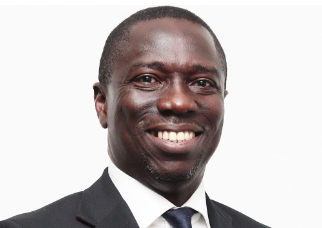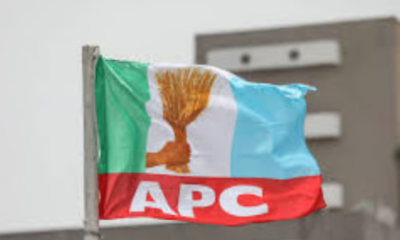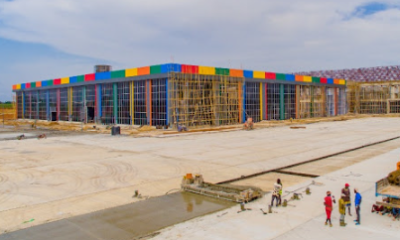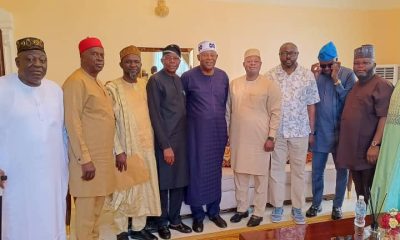The Nigerian Presidency may be giving credence to public skepticism about the integrity of President Muhammadu Buhari since he came to power. Integrity was the political capital that supports, loyalists and All Progressives Congress (APC) leaders adopted to market Buhari for the 2015 and 2019 general elections. That political asset of the president has come under pressure of validity. Stakeholders in the Nigerian projects have been demanding public declaration of assets of President Buhari after his first tenure of four years in office. Rather than taking the pride of public demand to demonstrate the president’s integrity beyond seeming rhetoric or assumptions, presidential aides take refuge under the law to shield and hide the integrity of the president, deepening the suspicion that such claim of integrity may either not be existing or may have been polluted with corruption.
The Special Adviser to the President on Media and Publicity, Femi Adesina, had on Channels Television programme, Politics Today, on Monday, argued that President Buhari is not under compulsion by any law to declare his asset since his re-election in February 2019. He insisted that President Buharias already declared his assets to the Code of Conduct Bureau.
While Adesina may be completely right on the legal compulsion for public declaration of assets beyond filling of the assets declaration form provided by the CCB, he failed to acknowledge that integrity is not a legal social phenomenon but ethical prescription. When they APC leaders and the president’s supporters use integrity to launder or project President Buhari’s image, they were not doing that to fulfill the law but present refined personality in the president. It would appear that the quality of that integrity is no longer the same as it were before President Buhari assumed office in 2015.
Adesina had challenged the Freedom of Information requests from Socio-Economic Rights and Accountability Project (SERAP) to the Presidency, demanding that President Buhari, Vice President Yemi Osinbajo, the 36 governors and their deputies should declare their assets within seven days. Adesina stated that there is no law compelling the President to declare his assets publicly.
“I can say for a fact that he has done that because I am privy to it, and SERAP asking the president to declare publicly, on the basis of what law? The president will do what the law requires of him and what the law requires is that he should declare his asset which he has done. Declaring publicly is not in our laws; it can only be a voluntary thing,” he argued.
The S.A. Media of the President maintained that if the FoI is invoked in this case, it is left with the CCB to release the information, and it will also take the discretion of President Buhari to declare his assets where necessary.
“If the FoI act is invoked, it will be left with the Code of Conduct Bureau to release the information because the FoI act will not be for the president, the president has declared and it’s already deposited with the code of conduct, so, it’s for them to respond if it is invoked.
“In 2015, they elected to make it public, if they want to make it public this time, they will do. Has the asset been declared? Yes, it has. If the president says they should release, it will be released, but there is no law that compels him to do it and we should obey the law,” Adesina said.
SERAP had in its letter dated January 3, 2020, signed by the Deputy Director, Kolawole Oluwadare, advocated: “The Constitution of Nigeria 1999 (as amended), the FoI Act, and the African Charter on Human and Peoples’ Rights, which is part of our laws, read together, impose transparency obligations on all public officials to publicly disclose information concerning their asset declarations submitted to the CCB, and to clarify any updated review of such assets.”
SERAP protested that the non-public disclosure by public officials of their summary of assets seriously undermines the effectiveness and integrity of the constitutional and statutory obligations to submit asset declarations.
The group curiously noted the integrity status of non-public declaration of assets by state actors entrusted with the wealth of the country.

 Entertainment5 days ago
Entertainment5 days ago
 Health1 week ago
Health1 week ago
 Health4 days ago
Health4 days ago
 Football1 week ago
Football1 week ago
 Football1 week ago
Football1 week ago
 Crime4 days ago
Crime4 days ago
 Education6 days ago
Education6 days ago
 Crime1 week ago
Crime1 week ago













